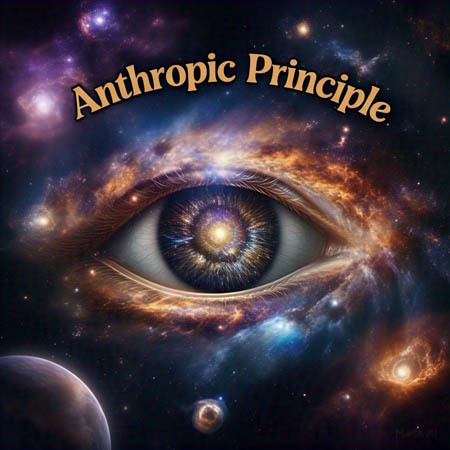We're here because we're here
When I first heard a version of the Fine Tuning argument (it was just religious types marvelling at how well god designed the universe for us), I immediately thought “Of course the universe suits us. We’re here aren’t we? If it didn’t allow our existence we wouldn’t have evolved”. I suppose this was a rudimentary version of the Anthropic Principle. I wasn’t distinguishing between evolution and abiogenesis and I wasn’t thinking of multiverses, neither cosmological nor quantum mechanical.
There are various versions of the Anthropic Principle. Sir Fred Hoyle (of Steady State and Panspermia fame) is said to have used an anthropic argument to accurately predict that the carbon-12 nucleus had undiscovered resonance aiding its synthesis in stellar interiors. I guess this one would have been a Vague Anthropic Principle like my childish musings on the conditions for creation and evolution of life.

According to Jürgen Schmidhuber, the anthropic principle essentially just says that the conditional probability of finding yourself in a universe compatible with your existence is always one. I like to say “Every observed universe had an observer”.

